Scholar Spotlight - Amélie Coulon
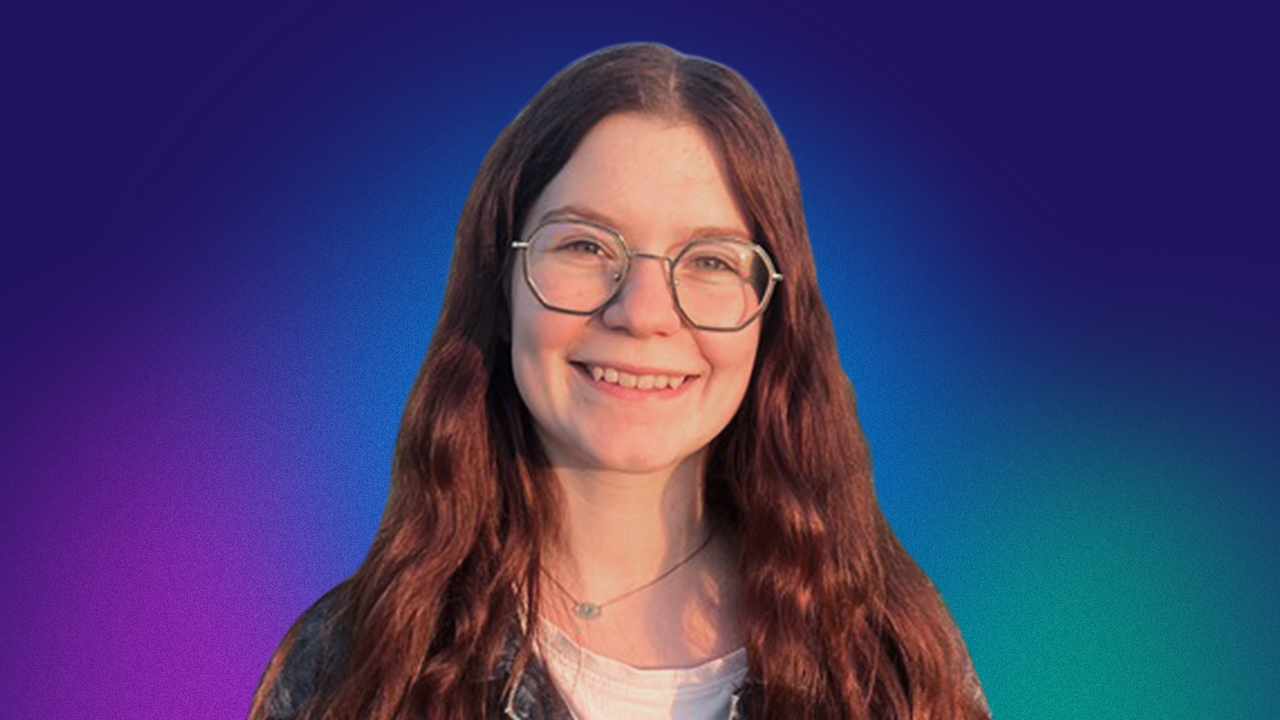
Discover more Scholar Spotlights.
Amélie Coulon, a Laidlaw Scholar at EPFL, explores the physics of the protein folding problem
Research Title:
The physics of the protein folding problem
Imagine a single tiny chain of amino acids, no larger than a virus, folding itself into a complex three-dimensional shape in the blink of an eye. This astonishing transformation is what allows our bodies to move, think, and even heal. From the hemoglobin coursing through our blood to the enzymes digesting our food, every living cell depends on proteins assuming their correct form. But what happens when that folding goes wrong? Misfolded proteins can clump together and spark degenerative diseases like Alzheimer’s and Parkinson’s. During my Laidlaw Research Internship, I tackled the protein-folding problem from a theoretical-physics angle. I combined statistical mechanics and coarse-grained modelling to try to understand how a disordered amino-acid chain reliably finds its unique three-dimensional shape in micro- to millisecond timescales, despite an astronomical (~10³⁰⁰) number of possible conformations. One key lesson from my internship was to understand the challenges related to choosing an appropriate level of detail for modelling a real-life problem, especially for a problem as staggering as protein folding. Too many idealizations and the model stops reflecting reality; too much detail and it becomes analytically unusable. The whole approach is therefore to proceed in stages: begin with a coarse-grained model that isolates the dominant variables, then refine it gradually whenever the data or the scientific questions call for it. Understanding how proteins fold could help scientists to design new drugs, craft custom enzymes, and even create novel biomaterials. In short, decoding these processes can lead to breakthroughs across medicine, industry, and biotechnology.
Where did your passion for this research originate?
My enthusiasm for protein-folding research traces back to an “Analytical Mechanics” course I took at EPFL. This course first cracks the door to statistical physics. Seeing how those concepts, such as Hamiltonians and phase-space ideas, and how they describe complex systems left me wanting to explore the subject further.
But elegant equations weren’t enough, I was determined to apply them to something concrete and meaningful. Protein folding offered the perfect match: it turns statistical-physics concepts into a direct assault on diseases caused by misfolded proteins. That mix of beautiful theory and concrete impact continues to guide my work.
Moreover, I have always been attracted to biology and spent a long time hesitating between studying medicine and physics. Having the chance to work on a topic that blends both fields felt like a real opportunity for me.
What is the most memorable moment from your Laidlaw scholarship experience so far?
The most memorable experience so far is probably the conference in Leeds. I had a really great time with my cohort, and it strengthened the bonds between us, we got to know one another better and beyond the formal program. It was also amazing to meet other Laidlaw scholars from all over the world and many different backgrounds. It was a very enriching experience. I’m also particularly looking forward to my LiA which I will do in Canada. My project will take me on a remote boreal lake to measure how climate change is altering it. I’ll spend time with nearby communities to understand how it is affecting their everyday life. I can’t wait to live this experience and I’m sure it will remain a memorable moment in my life.
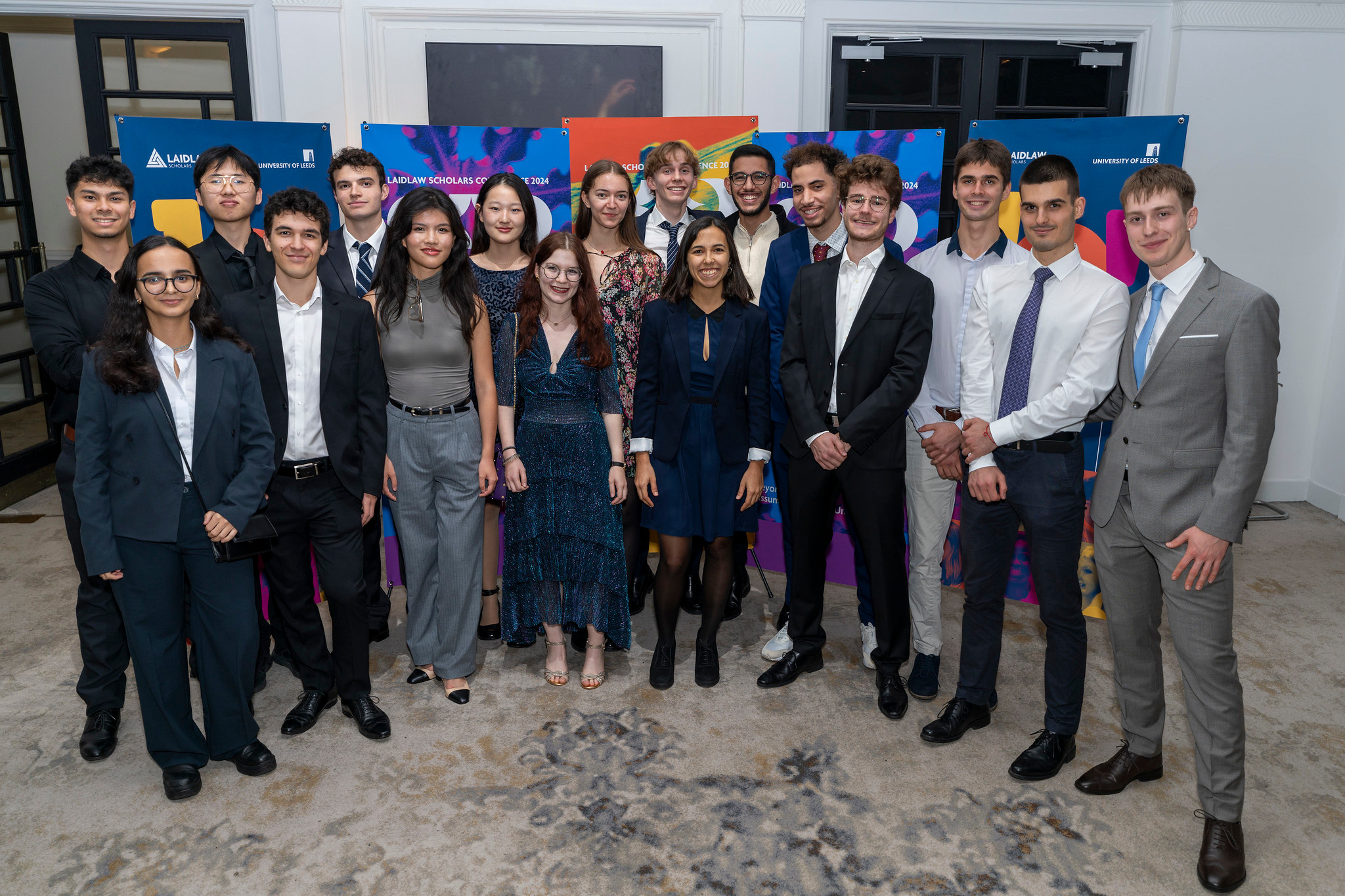
What is the biggest challenge you came across in your research and leadership journeys so far, and what did you learn from it?
One of the most persistent challenges I’ve faced is the tendency toward self-doubt even when presented with opportunities I’d earned. When I joined the program, I caught myself wondering whether my acceptance was a lucky mistake. Over time, I’ve worked to recognize those thoughts as part of the process rather than a reflection of my abilities. It has been a big challenge but I feel I made a lot of progress, in great part thanks to the Laidlaw program, which pushed me for the best. This ongoing effort has taught me that confidence often grows in incremental steps and that patience with oneself is as important as any technical skill.
What does it mean for you to be a Laidlaw Scholar?
Being a Laidlaw scholar means treating research and leadership as two complementary skills to develop. On one hand, the program allow us to be immersed in the realm of research, honing our scientific skills. On the other hand, it insists that technical insight is only worthwhile if we can step back, see the wider context, and explain why the work matters. The leadership training encourages quiet self-examination for us to develop the soft skills necessary to lead research to the best. For me, being a Laidlaw scholar is an ongoing commitment: keep the science rigorous, keep the perspective broad, and help turn knowledge into meaningful and impactful actions.
Which particular leaders inspire you the most and why?
I don’t really have any specific person that inspired me during my life but I would say I always had such a huge respect for women in sport. Their blend of strength, confidence, skill, and persistence shows what sustained effort can achieve and reminds other women that ambitious goals are worth pursuing. I try to channel their qualities into my studies, pushing through the long, demanding hours it takes to wrap my mind around quantum mechanics for instance. Watching Serena Williams control a match, Simone Biles claim her 41st world-level medal, or Janja Garnbret dominate sport-climbing underlines how excellence is built on thousands of unseen repetitions. Their achievements prove that high-performance arenas are not limited by gender, a message that carries far beyond sport. Visible female champions encourage girls to aim high, and I wish comparable figures were more common in STEM, where there is still much progress to be made.
Briefly describe a scene from the future you are striving to create.
The global energy picture is still dominated by fossil fuels, and annual CO₂ emissions remain near their all-time high. As a physics student, a main concern of mine include scaling up decarbonized energies. On a short-term vision, to enable quick transitions towards them, renewable means of production could be made even more efficient, thanks for instance to the ongoing research on photovoltaic cells. In the long term, I am eager to see fusion progress from experimental devices such as ITER to grid-ready plants. In the meantime, advanced fission could offer a pragmatic bridge in the nearer term; small modular reactors or Generation IV designs could provide city-scale baseload electricity with a fraction of current waste.
My interests extend to biophysics, and I root for a deeper grasp of cellular machinery, which holds promise for new therapies. Quantum technologies could also revolutionize many fields of research, including biomedicine. This sketches the future I want to help build: lower-carbon, scientifically driven, and decidedly more humane.
Quick-fire Questions
📺 Currently Binging:

Le Grand Meaulnes, Alain Fournier
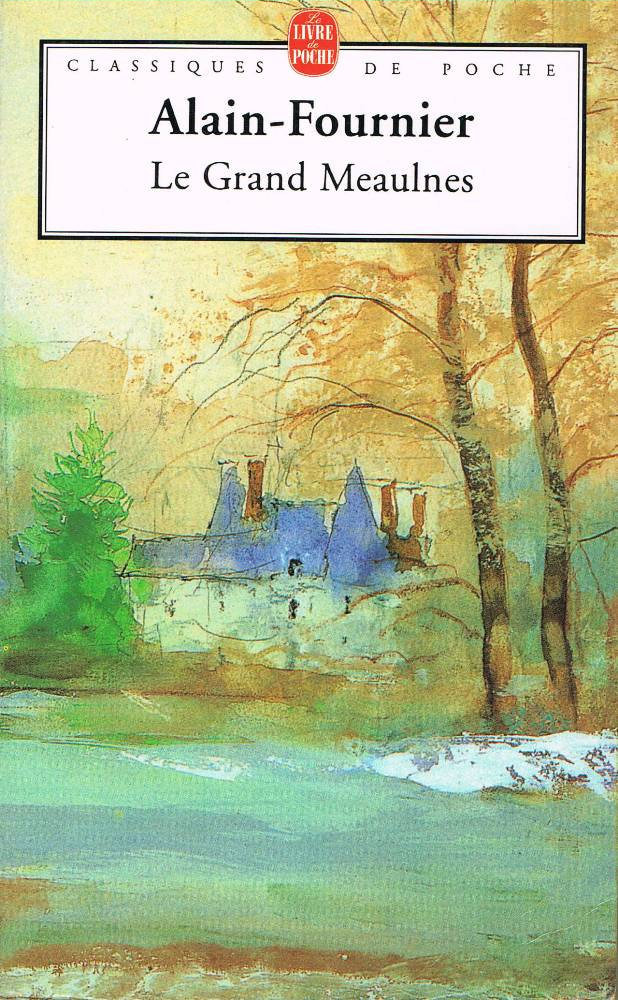
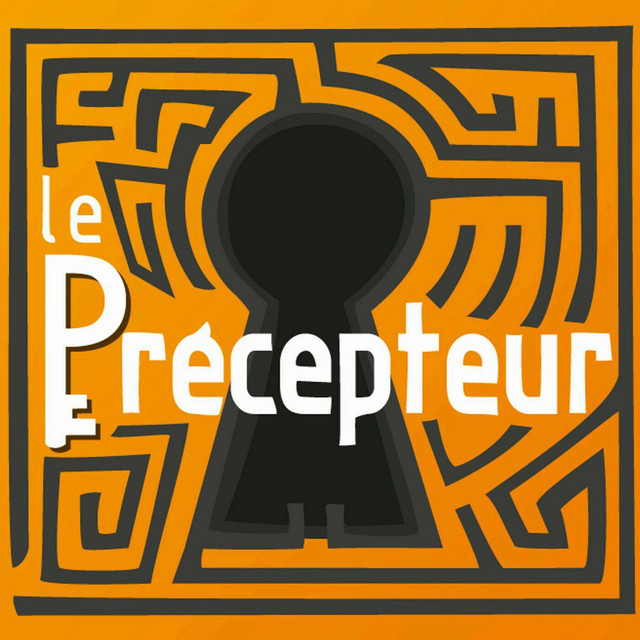
🌈 Something that made me feel joy recently:
If you want to learn more about Amélie's work, explore her research here and follow her on LinkedIn. Amélie is a Laidlaw Undergraduate Leadership and Research Scholar at @EPFL. Become a Laidlaw Scholar to conduct a research project of your choice, develop your leadership skills, and join a global community of changemakers from world-leading universities.
Find out more about the Laidlaw Scholars Undergraduate Leadership and Research Programme.
🔦 Discover more Scholar Spotlights:
⚡️ Anuj (AJ) Manchanda, a Laidlaw Scholar at the University of Toronto, delves into how Environmental CSR initiatives shape consumer choices.
⚡️ Sebastian Glasper, a Laidlaw Scholar at the University of Leeds, explores social media’s role in mitigating loneliness among older adults.
⚡️ Sophia Waseem Khan, a Laidlaw Scholar at Durham University, champions sustainable agriculture through innovative ion recovery.
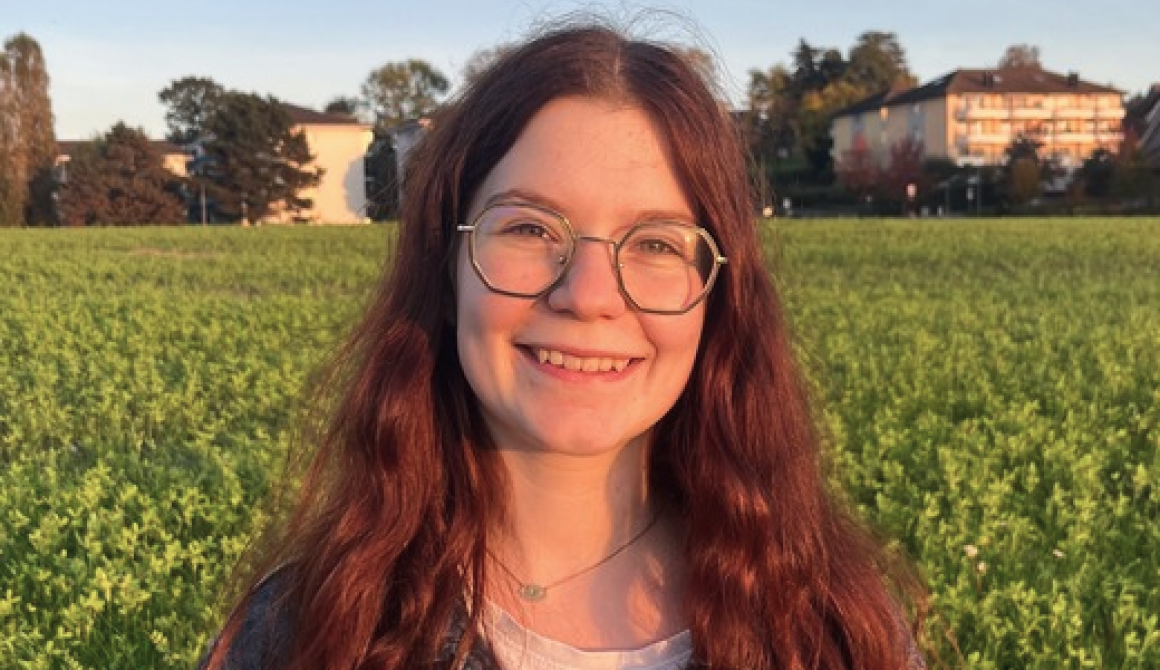
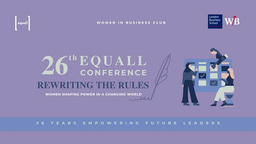


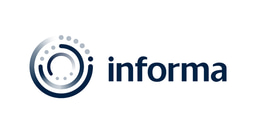
Please sign in
If you are a registered user on Laidlaw Scholars Network, please sign in